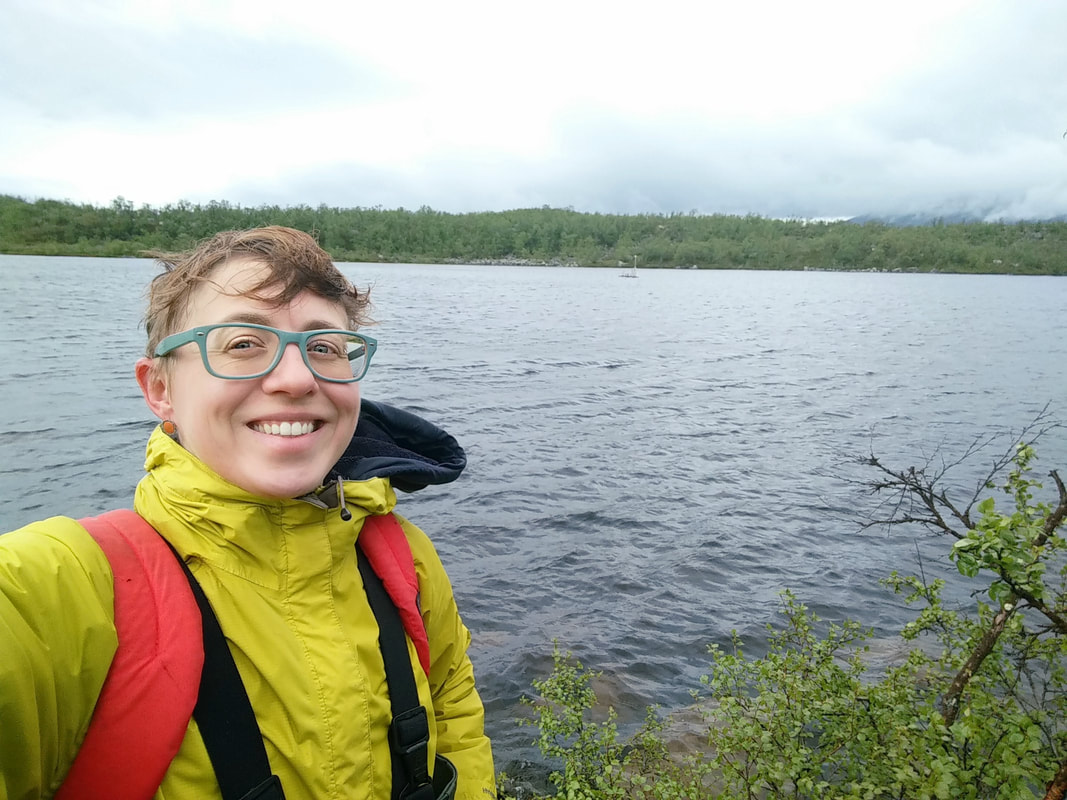To me, ecohydrology describes the intersections and interactions between water flowing through the environment and the interconnected ecosystem in that environment. Not only is water critical for the terrestrial life in the ecosystem, but it’s the medium in which the aquatic plants, animals, and microbes spend their lives. Water transports the nutrients, energy, and contaminants through landscapes, and controls the conditions that allow them to be changed from one form to another.
What are your undergraduate and graduate degrees in?
My undergraduate degrees are in Zoology and Conservation Biology (also Theatre & Drama!) from the University of Wisconsin - Madison, my masters is in Biology from Florida International University, and my PhD is in Environmental Science from Duke University’s Nicholas School of the Environment.
How did you arrive at working in/thinking about ecohydrology?
My experiences as an undergraduate student learning from UW-Madison’s Center for Limnology set me on an ecohydrology path. Hand-delineating watersheds on paper topo maps, measuring temperature and DO profiles, and measuring breakthrough curves: these activities exposed me to the variety of topics and approaches inherent in aquatic science. I loved learning about how water controls the transport and transformation of nutrients in ecosystems. Since then, I’ve been able to measure and analyze these processes in water across the world, and I’ve never looked back.
What do you see as an important emerging area of ecohydrology?
I think we’re doing an increasingly better job of integrating the social processes that interact with and feedback to ecohydrology. This kind of multidisciplinary systems thinking is critical for us to understand and predict ongoing changes in water quantity and quality into the future.
Do you have a favorite ecohydrology paper? Describe/explain.
Wow, this is a tough one! There are lots of papers I like for many different reasons, but one that has really influenced how I approach my work has been “Creativity, Idea Generation, and the Functional Morphology of Streams” by Stuart Fisher. This paper has helped me think about creatively asking and answering questions, and makes clear that creativity (which I think is critical to good, interesting, innovative science) isn’t innate, but a skill that can be practiced.
What do you do for fun (apart from ecohydrology)?
Like many others, I love spending time outside, particularly hiking and gardening. I also love experimenting in the kitchen (complete with a “lab notebook” to keep track of recipe successes and failures!) and making textile art and music.

 RSS Feed
RSS Feed